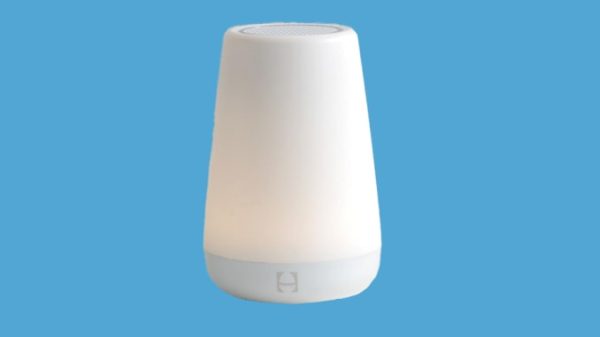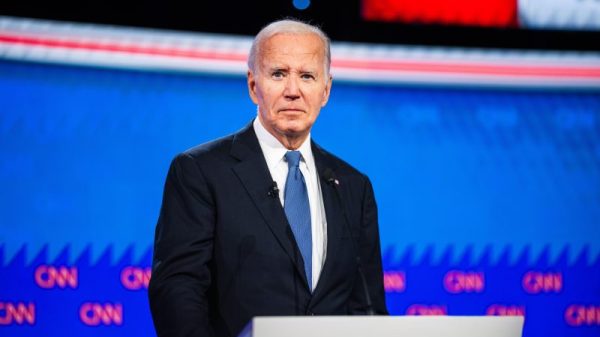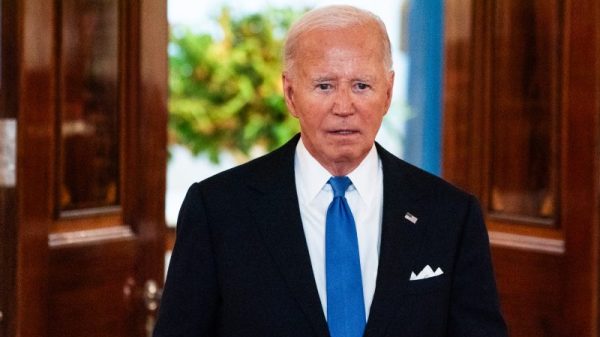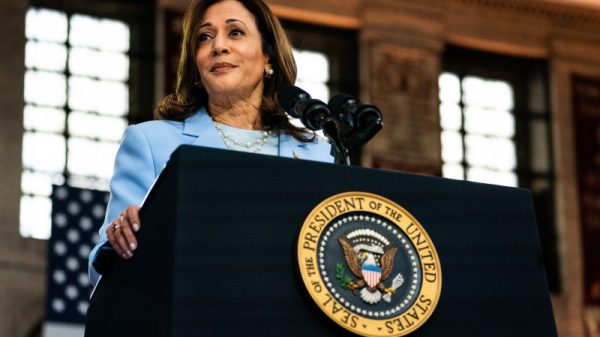It is the nature of online political advocacy that people make bad arguments. Social media erodes caution by design. So maybe you see a graphic showing a poll result and you notice that number A is bigger than number B and you just run with it.
Sort of like this.
That tweet, from one of the more popular supporters of former president Donald Trump, includes a very weak argument. (You can tell he’s a Trump supporter because he calls Florida Gov. Ron DeSantis “Rod,” which is a Trumpworld thing. Plus, you know, “DeSanctimonious.”) It points to Fox News polling released last week that determined that 14 percent of Republican primary voters say they would never support DeSantis compared with 13 percent who say the same of Trump.
Then, at the bottom of the graphic, a delineation that the margin of error is 5 percentage points.
For the moderately well-informed poll watcher, that by itself should trigger some eye-rolling. It is possible, based on the presented information, that a larger percentage of primary voters plans to never vote for Trump than for DeSantis; the poll could overstate opposition to the governor and understate opposition to Trump. Fundamentally, there’s no statistical difference between Trump and DeSantis on this metric — or between them and Sen. Tim Scott (S.C.) or business executive Vivek Ramaswamy.
(They are definitely better positioned than former vice president Mike Pence, but more on that in a second.)
What’s really odd about this tweet is that there’s actually a much better number for Trump in that poll: More than half the electorate says they plan to vote for him! For every other candidate, most potential voters say they’re considering offering support or want to learn more. For Trump, most say, “Yes, please.” That, not an imaginary one-percentage-point edge over DeSantis in the “no, thanks” category, is important.
Particularly since no human on this planet should be more aware of the malleability of that “no, thanks” number than Donald John Trump.
In late May and early June 2015, Fox News conducted a similar poll. Trump was not yet a candidate but was obvious enough about his intentions to merit inclusion. Only 4 percent of primary voters said they planned to vote for him — and almost 60 percent said they would never do so.
At the end of the campaign, Trump earned about 45 percent of all votes cast, suggesting that some portion of the electorate didn’t mean “never” as much as one might have thought.
Of course, in early June 2015, people knew Donald Trump only as the guy from TV or maybe the guy who had the big buildings in New York. He didn’t have a well-defined political identity, something he rectified immediately upon entering the race that month. That’s the important distinction with Pence, whose political identity is very well-established, to the detriment of his presidential candidacy. He can’t simply come out and define himself; instead, Pence is scrambling to redefine himself in a political conversation dominated by Trump, the guy who defined him in the first place.
Again, though, the important comparison here is the left side of the chart. In June 2015, former Florida governor Jeb Bush and then-Wis. Gov. Scott Walker were tied for the lead … with 12 percent of the vote. The field was wide open, with the front-runner (such as they were) leading Trump by only eight percentage points. This was another measure of the instability that ultimately benefited Trump: There wasn’t a clear leader to be overtaken.
Now there is. Trump’s lead is by no means insurmountable, but it is more obviously insurmountable than similar leads from years past. There has been no modern primary contest in which one of the candidates is someone most primary voters have presumably already actively supported for president. There are a lot of existing Trump voters who are trying to decide whom to support, and more than half of them are telling Fox they’re going to vote for him again.
The point is, there was some very good news in that poll for the former president. That he has a slight edge over DeSantis in the “never vote for number” was not it. If you want to dunk on “Rod,” there were better ways to do so.





























